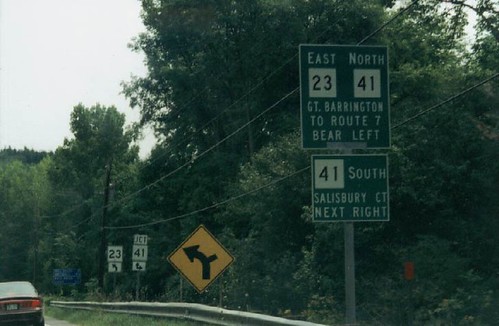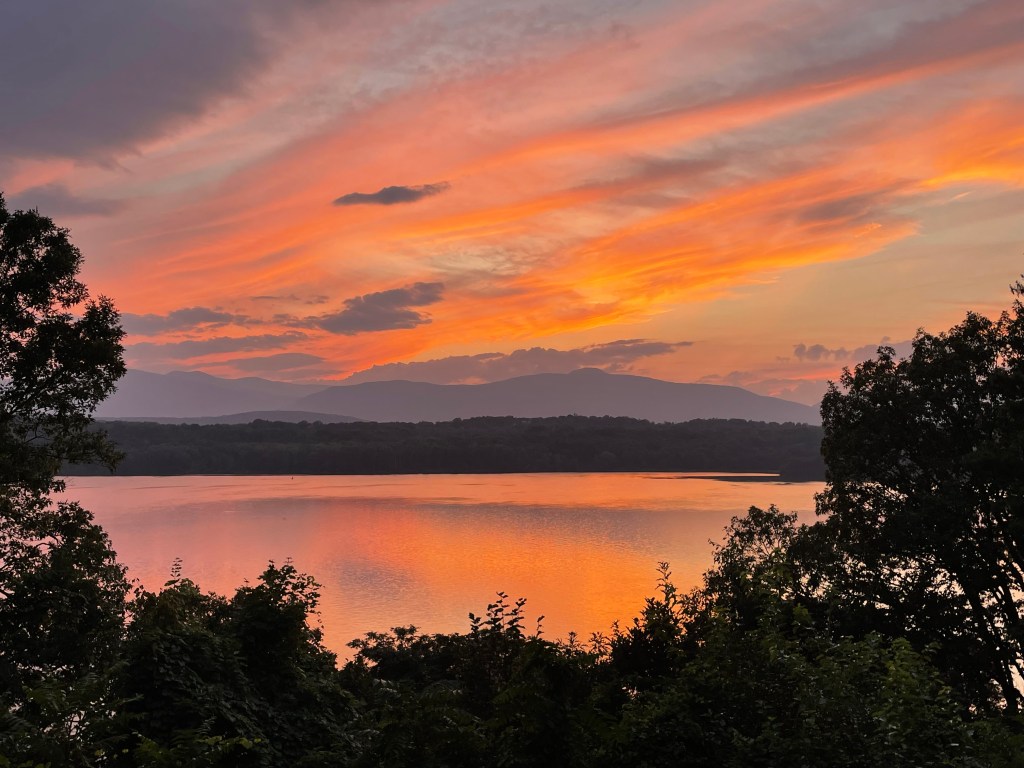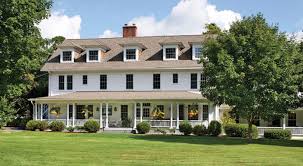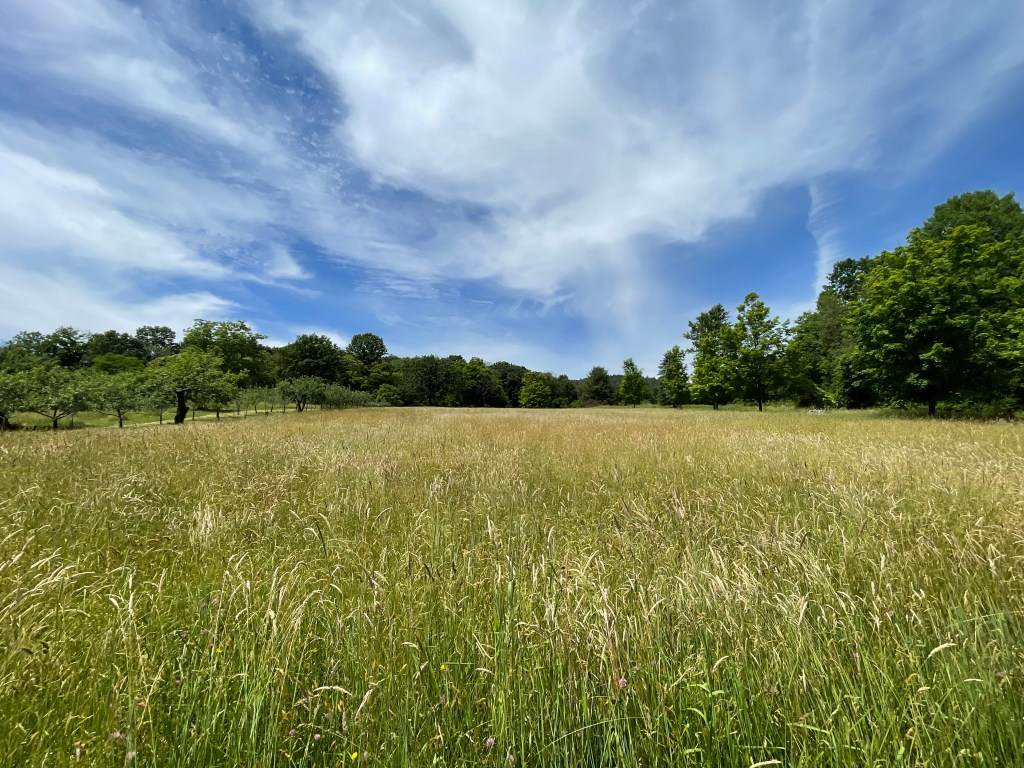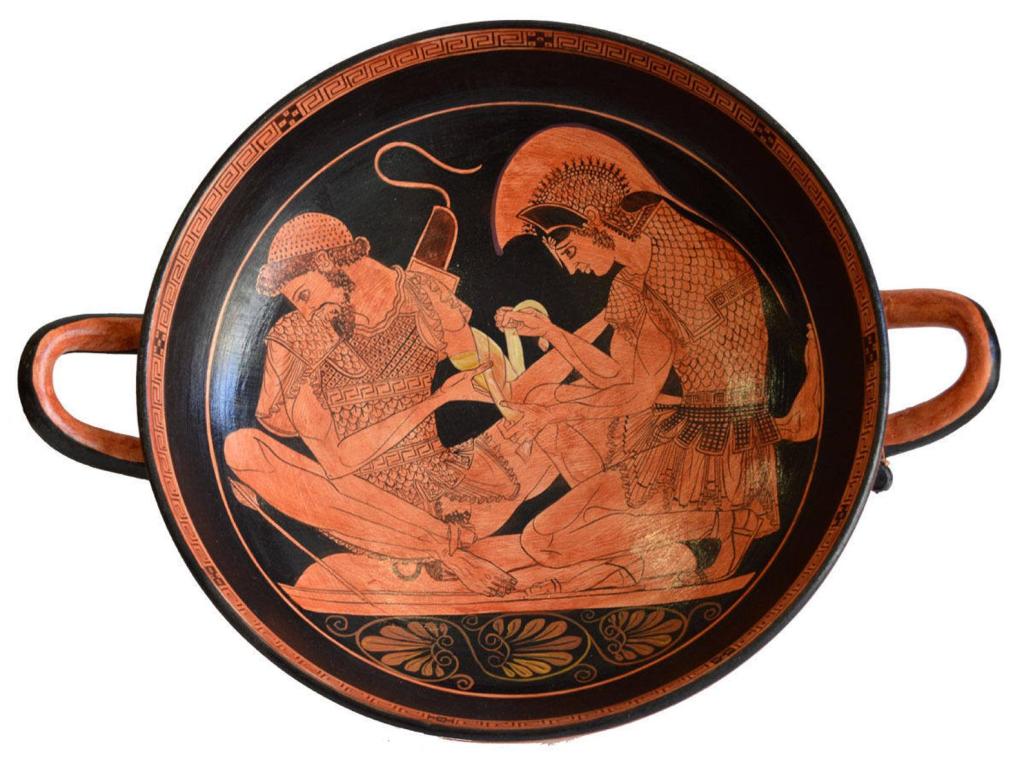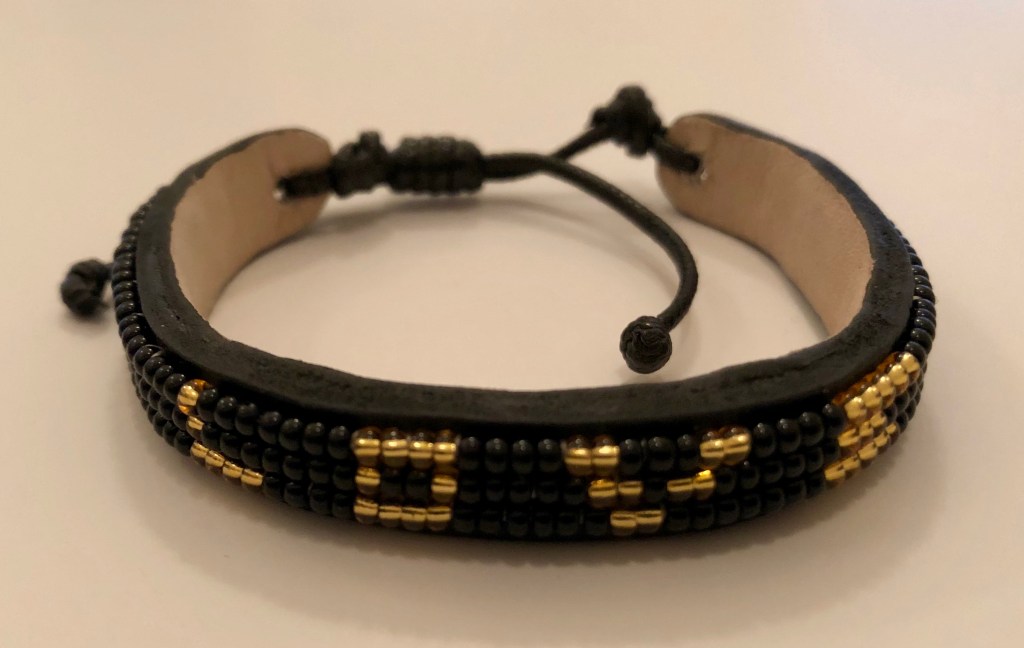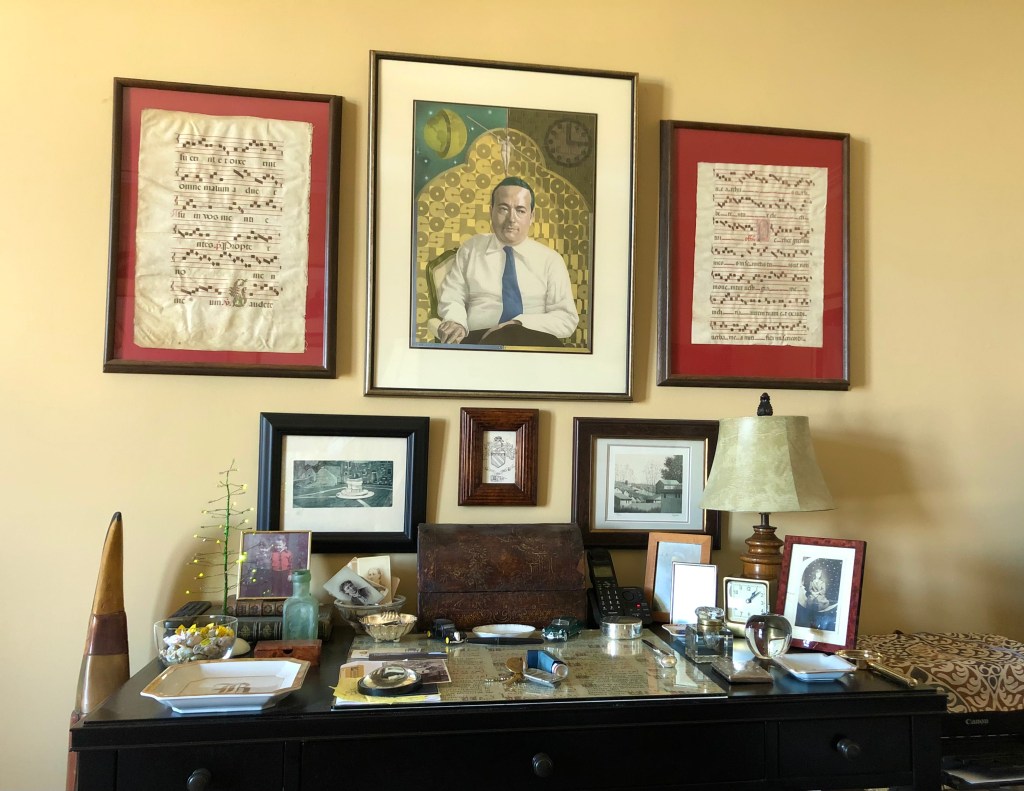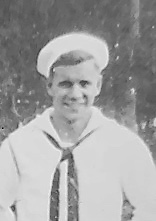Thirty-eight years ago, I was posted to Singapore to be the managing director of the recently merged DDB Needham Singapore office. This posting followed my initial international division role as managing director of Needham’s office in Barcelona, overseeing its merger with DDB. This was at the beginning of Omnicom, announced in the New York Times the morning of our second son Sam’s birth. My role in Singapore, unexpected as it was, came after false starts in London and Dusseldorf.
On the eve of moving to London, having rented a house, and leased a car, and found a school for our son David, I was told that, no, in fact, there was no job for me there, the boss I was meant to have having been terminated. My mentor in New York, John Bradstock, formerly the president of Needham International, simply said, hang out in Barcelona while we find a solution. In the meantime, the chairman of DDB Europe, Nicholi von Dellingshausen—Count Nicholi von Dellingshausen—came to Barcelona to check in on the merger and while there, offered me a role in Dusseldorf.
Then, on the eve of moving to Germany, I received a call from an Australian who asked, “My name is Alan Pilkington, do you know who I am? I’m president of DDB Asia-Pacific, and we need you in New York tomorrow.” In New York, I learned that I was being sent immediately to Singapore, allegedly to calm the waters of a failed merger between DDB and Needham there. However, while on my way, I was told that on my first day I needed to terminate the entire staff, begin extricating the agency from existing client agreements, and assist in the search for a new DDB Needham agency.
I write this only as background to my stay in Singapore this week, leading, along with my London colleague Nikhil Soi, Hult’s Singapore City Seminar/Doing Business in Asia.
In the expat community, the idea of the Asia bug is well known. It’s not new: the French in Viet Nam, the Dutch in Indonesia, and the British in India, Hong Kong, and Singapore. Asia gets in your blood—the mysterious allure of the East, the tropical heat, the exotic foods, a way of life so drastically different from back home, wherever that home in the West might be.
I have experienced the attraction of that Asia bug myself, formed first in Singapore those thirty-eight years ago, and experienced since in Hong Kong and especially Japan. I’ve been there, done that.
I felt it again this week in Singapore, thinking of all the ways I could possibly return to this life. This time, though, with a difference: Singapore isn’t the heated background of a Somerset Maugham novel; it’s a vision of the future; being here is like stepping into a more perfect future.
I am no longer a young man in my thirties with a whole career ahead of me. I have roots and family back home. I have attachments to my schools where I teach. I haven’t missed out on life in Asia. I have been here, worked here.
I think, as well, that this time I would come with a life’s worth of insight—maybe self-learned wisdom. I could give back to Asia while absorbing all that Asia has to give to me. It could work.
It’s clear that we’re moving into the Asian Century, dominated by China. Trump in the States has made it abundantly clear that our once friends must now go it alone, that the USA isn’t their lodestar. China is already to many and soon enough will be to all. Tiny Singapore shines even brighter.
Would I move if the opportunity presented itself? Would I leave the New England I love, so familiar and filled with a lifetime of memories? Would I leave the closeness of my sons and their families, my six grandchildren?
I wrote before that the well-worn quote by Gertrude Stein, We’re Always the Same Age Inside, pulls me back to those earlier times, when all experience was fresh and the foundations of the man I was to become were poured. Age plays tricks like that, the chance of one more time at the bat.
I fell in love with Singapore again this week. It’s a different Singapore than the city-state I lived in thirty-eight years ago. But even with all its astonishing modernity, there was a pull of familiarity that reawakened those distant memories. Time glosses over the difficulties, leaving only the nostalgia of romance. This time would be different.
My office then was in the old Shaw Tower on Beach Road—not a glitzy building even then. Today it’s being reconstructed, as is so much of old Singapore. Back then, Raffles Hotel, just a block away, was in its last days of threadbare decrepitude, surely destined to be torn down. I remember lunching in the old Tiffin Room, still serving up its tepid, sanitized Indian curries to traveling British matrons and their tired husbands. Once, when DDB’s illustrious creator director emeritus Helmut Kron came to Singapore, ostensibly to visit the dying agency, we could only see him as he drank all day in the Raffles’ lounge with its moth-eaten tiger skin rug on stained wooden floors. The ghosts of English writers still haunted the place—or so we fantasized.
Today, Raffles is a restored, five-star, $1000-a-night luxury hotel—a miracle of historic preservation. I had lunch on Sunday in that Tiffin Room—now a bastion of 19th-century elegance with a pricey Indian menu. Not a whiff of resemblance to the old room. Yes, both the décor and the food were immeasurably better. I didn’t really miss the old room; yet, those old ghosts had also been banished. Conrad wouldn’t recognize it.

Today it isn’t Raffles that symbolizes the allure of the East, but the glamor of Marina Bay Sands, an icon of futuristic architecture dominating the eastern skyline. I was fortunate enough to be invited to dinner atop that truly dazzling structure—to call it a building seems a diminishment. The views from the 57th floor dazzled, though peering over the edge left me faint with fear.

The skyscraper skyline didn’t exist back when I first lived in Singapore. To imagine how the city will evolve and change in the next thirty-eight years is unimaginable.
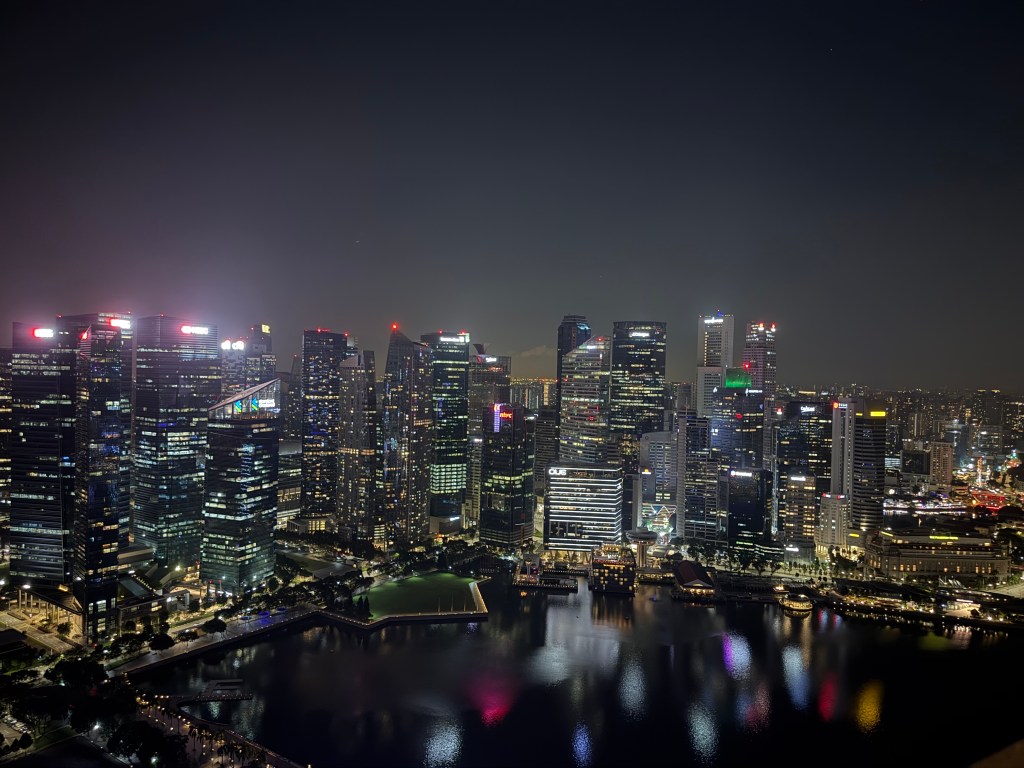
What Singapore has given me this time is a wealth of new friendships. These will remain even when I’m on the other side of the globe. Through my friend Sean in Germany, I was introduced to his friend Tamara and her husband Bernd—new, lasting friendships. Tamara in turn introduced me to business associates who are now mine as well. This is how the world of friendship works.

The week has also given me the friendship of my London colleague Nikhil, and with the nineteen students who came on the seminar week. We formed a special cohort, a bond of shared experience none of us are likely to forget.
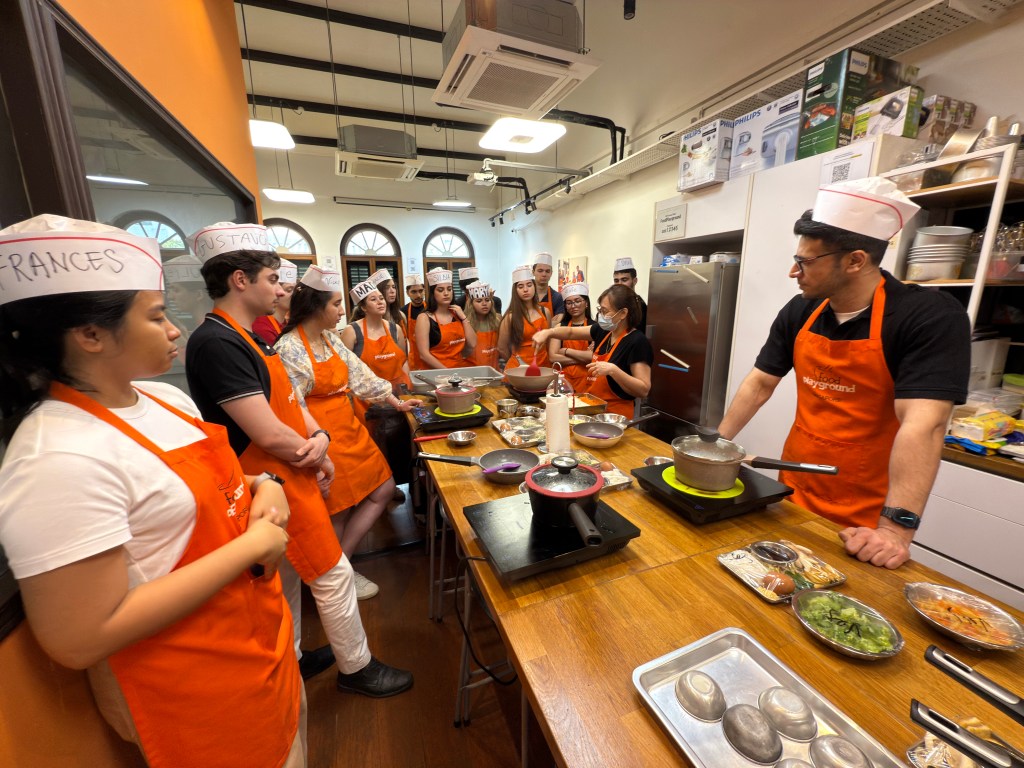
I do hope to return…and not in too many years hence. I don’t have those thirty-eight years again. Work or pleasure may bring me back. I committed to it when parting on Sunday from an afternoon spent with Tamara and her family.
I feel, too, that this return to Singapore is like the completion of a circle I began to draw those thirty-eight years ago. It’s a full circle now. New circles may be drawn, but this one feels complete. I’m so fortunate to have been given it.


